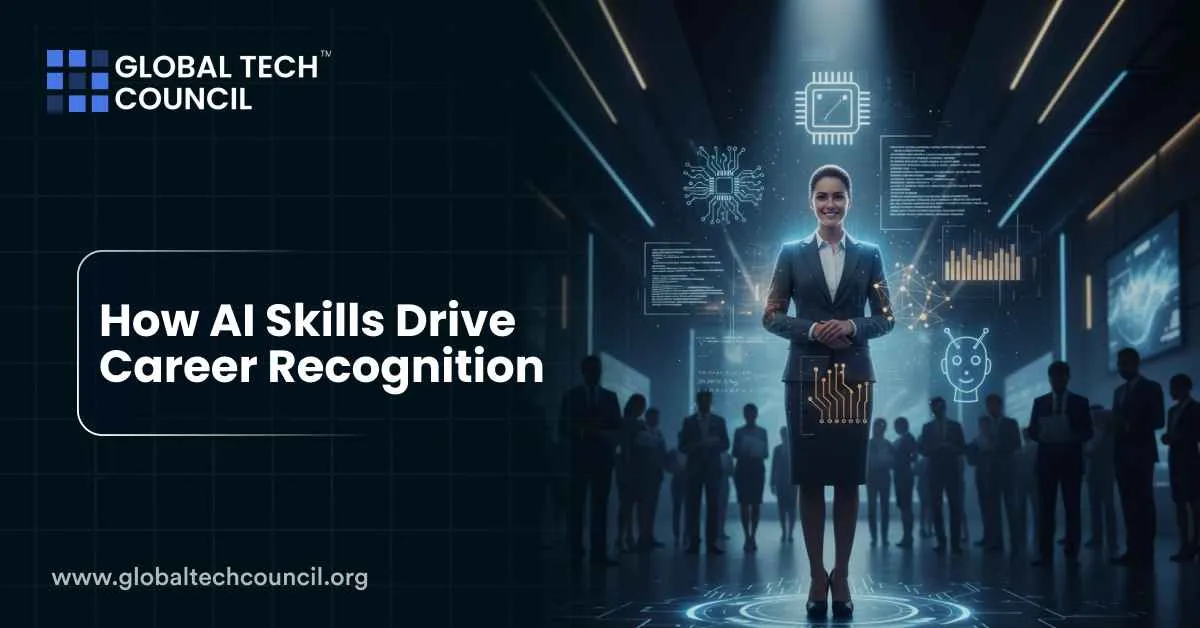
For professionals looking to formalize their expertise, structured training such as an artificial intelligence certification helps build both technical knowledge and ethical awareness. Programs like these are increasingly recognized by employers, making candidates more competitive in a growing market.
AI Skills and Salary Growth
AI skills are strongly linked to higher salaries. Research shows that professionals with AI experience often earn more than peers in similar roles without AI knowledge. In fact, entry-level employees who demonstrate AI literacy are starting to earn salaries that sometimes exceed those of more experienced workers. Employers value the ability to use AI tools effectively because it leads to faster results, better analysis, and greater innovation.
Employers Prioritize AI on Resumes
Hiring managers are now actively scanning resumes for AI skills. Recruiters are not just looking for degrees but also for practical skills that indicate a candidate can work with AI systems. While technical ability matters, soft skills like communication and teamwork are also important. Employers want professionals who can combine AI proficiency with collaboration and leadership.
Beyond Pay: Benefits and Career Advancement
The benefits of AI skills go beyond salary. Roles that require AI expertise often come with better job perks, including remote work opportunities, improved parental leave, and more attractive health packages. Employers see AI-trained professionals as valuable investments and reward them with supportive work environments.
Skill-Based Hiring vs. Traditional Degrees
A growing trend is the shift from degree-based to skill-based hiring. Employers are beginning to focus more on what a candidate can do rather than what degree they hold. In AI-related fields, this has created opportunities for learners from non-traditional backgrounds. Individuals with the right AI skills can access high-paying jobs without necessarily holding advanced degrees.
Comparison of AI Skills Impact on Careers
| Factor | Career Effect | Why It Matters |
| Salary Growth | AI-trained professionals earn more | Employers reward productivity and innovation |
| Resume Value | AI literacy makes candidates stand out | Hiring managers prioritize practical skills |
| Job Perks | AI-related roles come with stronger benefits | Companies view AI talent as strategic assets |
| Skill-Based Hiring | Skills outweigh degrees in many AI roles | Creates opportunities for non-traditional learners |
This table highlights the main ways AI skills directly influence career recognition and growth.
AI Skills Across Different Industries
AI is not limited to technology companies. Marketing professionals use AI for content personalization and customer insights. Healthcare workers rely on AI for predictive diagnosis and patient care optimization. Finance professionals use AI for fraud detection and investment strategies. This cross-industry demand means that professionals in almost any sector can benefit from adding AI skills to their portfolio. Programs such as the Data Science Certification help professionals apply AI in analytics-driven industries where data insights are critical.
Hands-On Experience as a Career Driver
Employers value not just theoretical knowledge but also practical experience. Professionals who can demonstrate hands-on ability with AI platforms like ChatGPT, Gemini, or LangChain are far more likely to be recognized for their skills. Hands-on learning shows adaptability, problem-solving ability, and readiness to use AI tools in real-world scenarios.
AI as a Stepping Stone to Leadership
Mastering AI does not just create better employees—it also builds future leaders. Employers increasingly recognize AI proficiency as a sign of innovation and forward-thinking. Those who adopt AI early often find themselves leading projects, mentoring colleagues, and shaping company strategies. Certifications like the Marketing and Business Certification prepare professionals to apply AI not only in technical roles but also in management and leadership.
Broader Recognition of AI Talent
AI skills bring recognition in both formal and informal ways. Internally, employees with AI knowledge are often called upon to lead new initiatives or train their peers. Externally, professionals who showcase their AI projects, certifications, and insights online gain visibility in their industries. This visibility translates into new job offers, speaking opportunities, and professional credibility.
Practical Ways to Showcase AI Skills
| Method | Example | Career Benefit |
| Certifications | Completing programs in AI or data science | Strengthens credibility with employers |
| Portfolio | Demonstrating AI-driven projects | Shows practical value and innovation |
| Networking | Sharing AI insights at events or online | Builds recognition and thought leadership |
| On-the-Job Use | Applying AI in tasks like analytics or automation | Proves efficiency and boosts advancement |
This table provides simple strategies professionals can use to highlight their AI expertise for career recognition.
Why This Matters
The workplace is being transformed by AI, and those who understand how to use it responsibly will gain an edge. Employers are not only rewarding technical ability but also recognizing individuals who apply AI with fairness, creativity, and business impact. Structured programs such as Deep tech certification visit the Blockchain Council prepare learners to build this balance of technical and ethical expertise.
Conclusion
AI skills are no longer just another line on a resume—they are a direct pathway to career recognition. They increase salaries, improve job perks, and help professionals stand out in a competitive market. More importantly, they prepare individuals to lead in industries where AI is shaping the future. By building a mix of technical knowledge, practical experience, and ethical awareness, professionals can ensure they are not just keeping up with AI but also gaining recognition for their ability to harness its power.
Leave a Reply